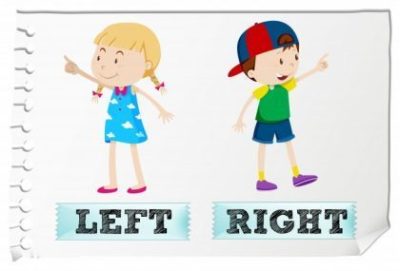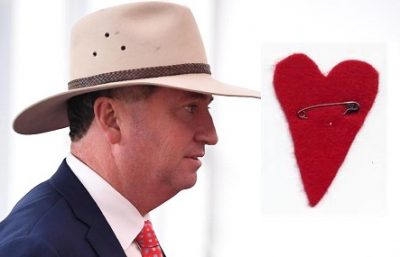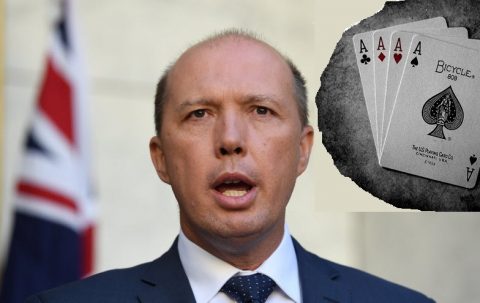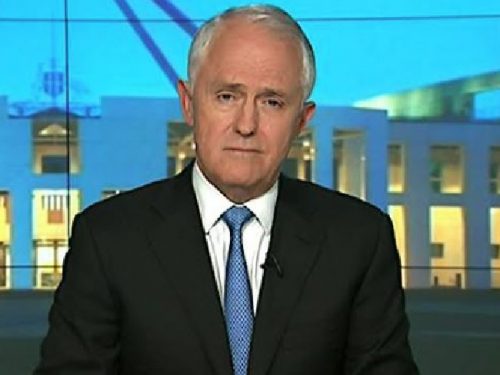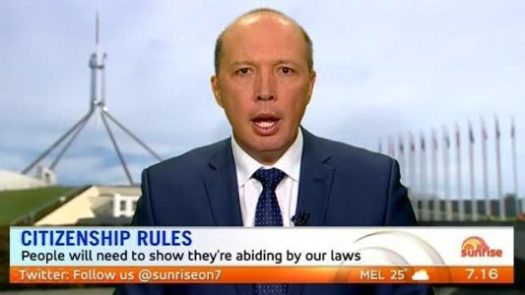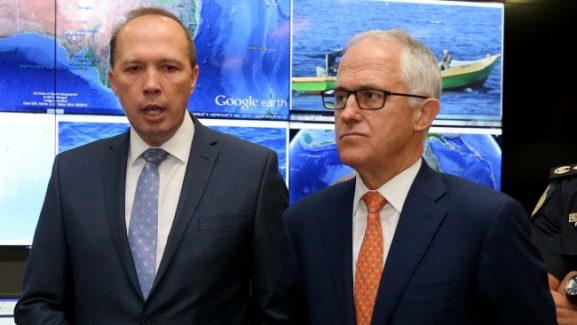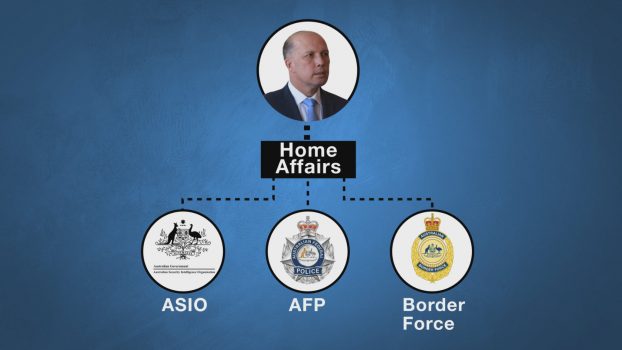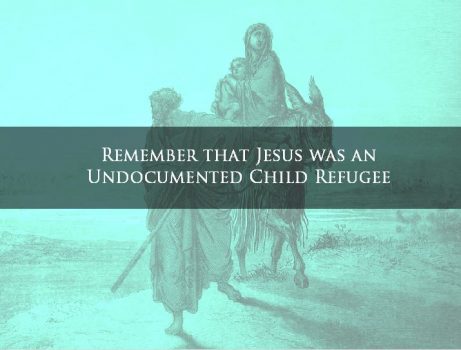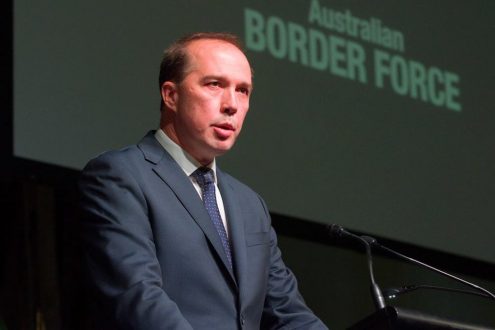The Sixth Extinction & The Third Book

It may come as something of a surprise to many to learn that we are currently in the midst of what is called the ‘Sixth Extinction’ – that is, the sixth wave of mass extinctions of plant and animal species since the demise of the dinosaurs some 65 million years ago.
What is particularly concerning about this event is that it is unlike the past five extinction waves which were caused by natural phenomena like asteroid impacts and volcanic eruptions. The Sixth Extinction has been caused by the actions of Mankind. 99% of flora and fauna species currently identified as threatened with extinction have been linked to activities like land clearing, habitat destruction, air and water pollution, and warming induced by human activity.
Noted conservation scientist David Wilcove estimates that there are between 14,000 and 35,000 endangered species in the United States alone, which represents 7-18 % of all US flora and fauna.
What is patently clear is that thousands of species of plant and animal will disappear forever from the face of the Earth in the coming decades.
Perhaps one of the most striking elements of the present extinction crisis is the fact that the majority of our closest relatives, the primates, are severely endangered. This is the group that includes monkeys, lemurs and apes (as well as humans) and many are fast disappearing. In addition to the primates, marine mammals including several species of whales, dolphins, and porpoises are among those mammals slipping quickly toward extinction.
It is notable that the latter mammalian group – whales and dolphins – have inhabited the planet for just over 50 million years, and in that time they have successfully populated all of the major oceans of the world as apex species. Mankind, by comparison, boasts a heritage of a mere 2.5 million years, yet despite their relatively short tenure they have caused a level of destruction and imbalance which has culminated in the first planetary mass extinction event brought about by a native species.
For all of our supposed intellect and sophistication, what is it that we are missing with respect to how we interact with our natural environment? Put another way, what are whales doing right, that we’re doing wrong? Is the simple fact of the matter that there are just too many of us for the planet to sustain? Land clearing for cattle grazing remains the largest contributor to the wholesale destruction of natural habitats. Overfishing and the high attendant level of by-catch wastage are causing the collapse of fish stocks across the world’s major fishing grounds.
Our lax attitudes toward effluent and pollution also play a major role. Steadily increasing demand for water, the damming of rivers throughout the world and the dumping and accumulation of various pollutants have made aquatic ecosystems some of the most threatened on the planet. 21% of the planet’s fish species evaluated were deemed at risk of extinction by the IUCN in 2010, including more than a third of sharks and rays.
It appears there are two factors in operation here – firstly the natural pressure on the planet caused by sheer population numbers, and secondly our collective attitudes toward our planetary ‘footprint’; the impact our activity has on the environment.
For many years I have championed the causes of animal rights and environmental protection, and I can observe in both arenas that there is always a common element of human superiority coming into play. By and large, we still hold to the view that the planet and its non-human co-habitants are limitless resources put there for our use. We naturally resist changes to lifestyle, energy, dietary and consumer patterns when confronted with the notion that those natural resources are threatened or under strain. And often the moves to make change are stymied by the actions of government and big business who have a vested interest in things remaining as they are.
Having authored reports on localized decline of small whale and dolphin species in Japanese waters, and having documented the dolphin captivity industry, my recently published work ‘Home’ is my first foray into the field of literary fiction as a vehicle for delivering a message. And just like the story itself, the writing of it came with a twist.
When I found myself in confinement in an immigration detention centre, I never in my wildest dreams imagined that I would personally experience all the cruelties of captivity which I had spoken out against so passionately.
I was detained in one of Australia’s cruellest gulags – Christmas Island. The name is deceptive and there was little cause for celebration or festivity in what is the equivalent of a maximum security prison, set into a lush ancient forest on a remote island in the Indian Ocean. There was no possibility of seeing my wife or my family, and I lived daily amongst people broken by misery and despair. Many had lived there for years, in a prison with no definable release date.
I wrote in order to survive mentally and emotionally. To keep my mind strong. I held to my firm belief that we should always reach out to others with compassion and respect. That we must carefully consider our relationship with our fellow co-habitants of planet Earth; both human and non-human. This is a central theme in the book ‘Home.’
‘Home’ is based on real events. Research has always been a primary consideration for my work, and ‘Home’ is no different in that respect. One of the greatest challenges in writing and researching was the difficult conditions under which I worked. Computer and internet access was limited and I was forced to rely on the good old ‘analogue’ method of pen and paper writing a lot of the time. My wife chided me recently and suggested there was really no need to go to the lengths I did to research captivity!
I was routinely searched for contraband and weapons in the detention centre, and this added to the sense of powerlessness and humiliation one experiences in confinement. Yet I took a secret pleasure in the fact that, as far as I was concerned as a writer; my pen was the greatest weapon anyone could ever carry, and it was with me constantly. I like to think I have done some major damage with it, and perhaps Parker might consider giving me a sponsorship deal, or at the very least a new pen to replace my battle-weary old veteran!
“Never pull a tiger by the tail. Never lock a writer in a cage”
As you can probably see, despite the paralysing misery of my situation, I never lost my sense of humour or my spirit, and hopefully my writing is imbued with these qualities.
So this book has become something of a statement about captivity, written entirely in captivity. You might be forgiven for thinking that this is just another book with a “greenie anti-cap” message. You may be partially correct in this appraisal, however ‘Home’ goes beyond that now familiar ‘Save the whales’ dialogue and touches on a spirituality and a sense of deeper mystery and intrigue that should appeal to a far broader audience.
The tale is told from the perspective of Adam Svenson, a man we meet as he is entering prison. At the same time, a parallel tale of the capture of two young orcas is told. We learn that Adam, who has been drawn to the oceans, has been somehow involved in their capture.
Steadily the loose weave of connection between man and orca tightens. When Adam is increasingly confronted by visions of a mystic whale, the story takes an unexpected twist and the reader is drawn into an unexpected mystery.
In a surprise ending, the concept of ‘home’ takes on a far deeper spiritual meaning
‘Home’ is something of a modern day parable, suggesting some deeper secrets of life and universal harmony, presented in the vehicle of a compelling story of whale and human captivity.
It is a book I would recommend not just to those with a ‘green conscience’ or the lovers of animals; but also to the dreamers, the wanderers and the wonderers, and those who simply enjoy a mystery and a good read.
So, what are whales doing right, that we’re doing wrong? Read the book and find out…
“At the end of the day, we are all just walking one another Home”
‘Home’ by Leo Jai is available in both Paperback and E-Book formats.
Like what we do at The AIMN?
You’ll like it even more knowing that your donation will help us to keep up the good fight.
Chuck in a few bucks and see just how far it goes!
Your contribution to help with the running costs of this site will be gratefully accepted.
You can donate through PayPal or credit card via the button below, or donate via bank transfer: BSB: 062500; A/c no: 10495969










